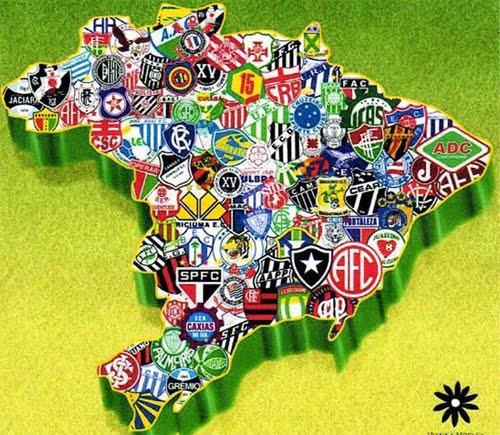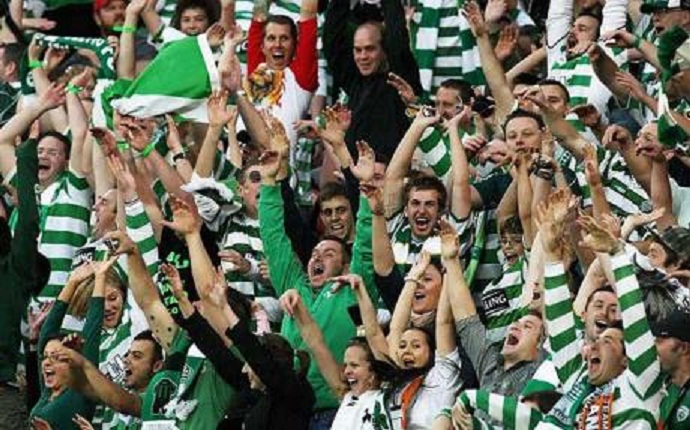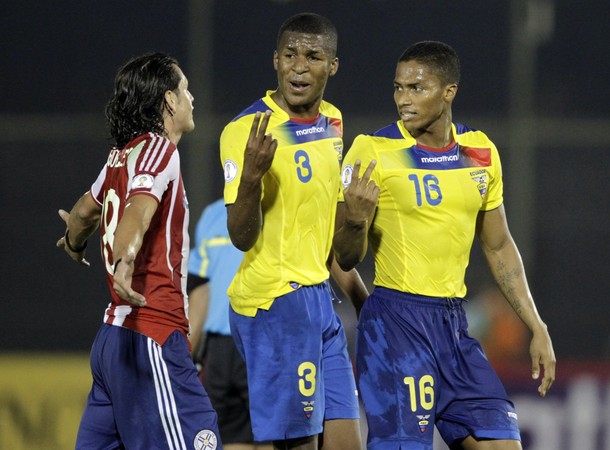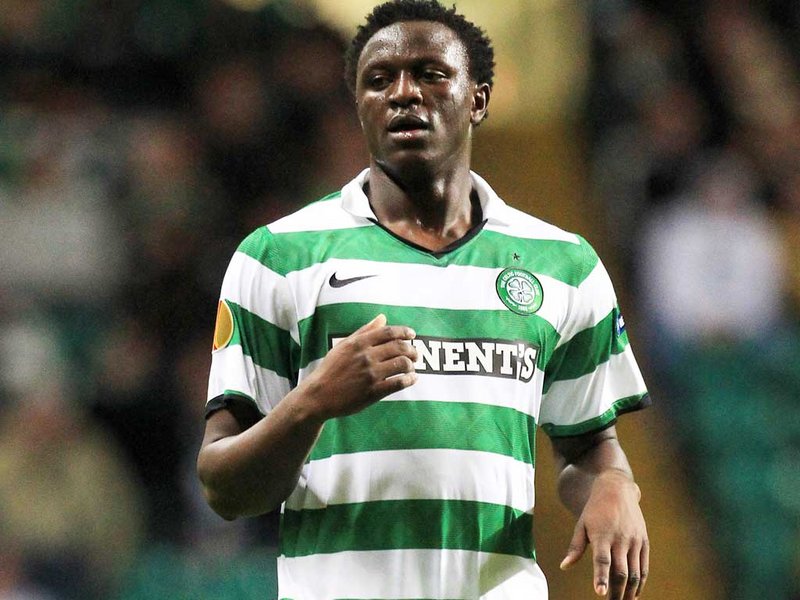In the season 09/10, there were more Brazilians playing in the Champions League than of any other nationality, with 78 registered players. France (65 players) and Spain (49 players) occupy 2nd and 3rd places respectively and Argentina was the 4th most represented country with 41 registered players. This Champions League season eventually culminated in Internazionale winning the competition with their starting eleven in the final containing 7 South Americans; Julio Cesar, Maicon, Samuel, Lucio, Zanetti, Cambiasso and Milito. In Argentina, there were quite a few joking references as this being the first South American team to win the competition. Consequently, it seems to be a contradiction that in the same year, the aforementioned five Brazilian forwards returned to play in Brazil. Was it merely just a coincidence? An anomaly? No, not at all.
In 2001, economist Jim O’Neill wrote a paper outlining that the economies of Brazil, Russia, India and China (collectively known as BRIC) were progressing and projected that their improved and developing economies would inevitably result in a shift in global economic power away from the G7 nations. Brazil itself is roughly twice the size of the European Union in landmass and has a population of just over 200 million. The country is rich in natural resources: It contains more than half of the world’s rainforests, it is the world’s biggest exporter of ethanol, iron ore, oranges, sugar and coffee, the world’s 2nd biggest exporter of soy and beef and the world’s 3rd biggest exporter of cocoa, corn and poultry. In addition, it has vast oil and gas reserves.
In March of this year, the Brazilian finance minister claimed that with 7.5% growth in 2010 (a record high since 1986) Brazil had overtaken both France and the UK, and was the 5th biggest economy in world. Who said socialists can’t run an economy? Admittedly, a more detailed analysis of contemporary Brazil will encounter many important issues. Despite a rising standard of living and the rapid growth of the Brazilian middle class, extreme poverty still exists, as do the associated problems of high crime and child prostitution. In addition there is an inherent conflict between the economic growth of the country by the use of their natural resources and conservation of the environment-both in terms of ecology and the effect that it has on landless groups (in areas of deforestation, for example). These are serious social problems that Brazil will have to deal with, but it is not surprising that such a large developing country, which has experienced vast inequalities in wealth distribution, has such issues to address. However, perhaps simplistically, the overall picture is promising. Since 2003, more than 48 million Brazilians have joined the middle or upper classes. As previously mentioned, the country has vast resources at its disposal (both in terms of commodities and a large and youthful workforce), a growing economy and a rising standard of living.
It is this socio-economic context that is changing Brazilian football. The combination of a huge and growing economy and a football-obsessed population with more disposable income than ever before means that it is inevitable that private companies will be drawn to the vast captive audience of Brazilian football fans. It is already happening; in 2010, Brazilian clubs generated €105m in shirt sponsorship, close behind English and German league clubs (€128m and €118m respectively) and generating far more than Italian, French or Spanish clubs (that has generated €62m, €59m, €57m respectively). In the same year, Corinthians of Sao Paulo were the world’s 4th biggest club recipients of sponsorship, earning €22m euros per annum, just €1.6m behind Manchester United, who topped the list. This improvement in income was reflected in the television deal that has just been negotiated which has more than tripled the previous deal-and this in an economy that is projected to have continued growth. Patricia Amorim, president of Brazil’s most popular club Flamengo explains, “As the European economy has shrunk, the Brazilian economy expanded…People have more money, salaries are up, they can spend more on tickets and shirts. Our revenues have increased.” This increased wealth of Brazilian clubs is beginning to translate itself into a higher level of quality of the domestic game. Brazilian players already established in European football are beginning to return home earlier than before.
When Ronaldinho signed for Flamengo this January, the European press widely covered the story, though they missed the larger and more significant issue. It has never been uncommon for Brazilians to return back home for a spell, however usually they would have to take a huge drop in wages-not this time. Ronaldinho is earning approximately £100,000 a week whilst at Flamengo in a deal whereby the club’s outlay to the player is supplemented by private companies investing for the duration of his stay at the club. Therefore expect Ronaldinho to be a walking billboard whilst in Rio de Janeiro. Similarly, when Robinho was loaned back to Santos in 2010, there was no way that the club would be able to cover the wages that he had received at Manchester City. A solution was found, with private companies largely financing the deal themselves and in return, Robinho would promote various products and consequently feature in inevitably cringe worthy adverts.
 Perhaps even more significant than established Brazilian players returning home, is the fact young players, who a few years ago would have already been sold to Europe, are staying longer. Most notable of all is Neymar of Santos. When speaking to Globo prior to a Brazil game in Mexico, he said, “I am very happy to know the affection that people have for me outside Brazil as well”, interestingly adding “This shows that there is no need to play in Europe to be known.” And he is correct. Furthermore, nor does he need to move to Europe to become vastly wealthy. Last month, the young Brazilian signed a contract extension with his club, Santos that makes him the eighth biggest earner in football. Including his other sponsorship deals, Neymar is making £250,000 a week!
Perhaps even more significant than established Brazilian players returning home, is the fact young players, who a few years ago would have already been sold to Europe, are staying longer. Most notable of all is Neymar of Santos. When speaking to Globo prior to a Brazil game in Mexico, he said, “I am very happy to know the affection that people have for me outside Brazil as well”, interestingly adding “This shows that there is no need to play in Europe to be known.” And he is correct. Furthermore, nor does he need to move to Europe to become vastly wealthy. Last month, the young Brazilian signed a contract extension with his club, Santos that makes him the eighth biggest earner in football. Including his other sponsorship deals, Neymar is making £250,000 a week!
It is likely that at some point in his career that Neymar will join a European club, the lure of Real or Barca and the glamour of the Champions League may still trump playing in the improving Brazilian Championship. Similarly, young promising players such as Lucas Moura, Dede and Ganso may also cross the Atlantic shortly to join major European clubs, however in the near future it may be difficult for teams in the second, third and fourth tiers of European football to fill their squads with Brazilian imports as they have done over the past decade or so. Surely for European clubs without vast budgets, it will become more problematic to entice a young Brazilian who can earn the same amount of money back home. People are kidding themselves if they believe a young boy in Rio dreams of playing in Donetsk, Wigan or Wolfsburg.
The significance of Brazilian clubs bringing back the established stars or retaining the promising talent, lies not in their performances on the pitch but much more so because it demonstrates the growing strength of the Brazilian economy, the increased amount of money from corporate sponsorship and television rights in the Brazilian game and portents for a stronger Brazilian league in the future. This will especially be the case if the major clubs are successful in adopting a model akin to the English Premiership, by breaking away to create their own league, thus retaining a greater amount of the revenue themselves. Journalist Tim Vickery claims that ‘Brazilian football has reached its 1992 moment.’ The major clubs in Brazil are fully aware of the position they are in and their global potential, as indicated by marketing vice-president of Corinthians, Luis Paulo Rosenborg when he succinctly declared, “Our benchmark is Barcelona, not Atletico Madrid.”
Following Italia ’90, Euro ’96 in England and Germany ’06, all three respective countries experienced increased attendances in their domestic leagues in the years following the tournaments, presumably due to improved stadia, greater private investment and high media coverage. It could therefore be expected that Brazil, which will soon host both the World Cup in 2014 and the Olympic games two years later, will also experience a similar boost in their domestic league. The new stadiums are being built, Brazil is becoming an economic world power, the population is already fanatical about their domestic game that has huge clubs based throughout the country in cities such as Rio de Janeiro, Belo Horizonte, Sao Paulo and Porto Alegre. Furthermore, unlike other major leagues in world football there is no need to import vast amounts of foreign players as Brazil continually self-generates a huge number of talented footballers.
The economist Jim O’Neill may well be correct in predicting a global economic power shift. A consequence of this may be a global shift in football. Everything is in place for Brazil to become the next best league in the world.





